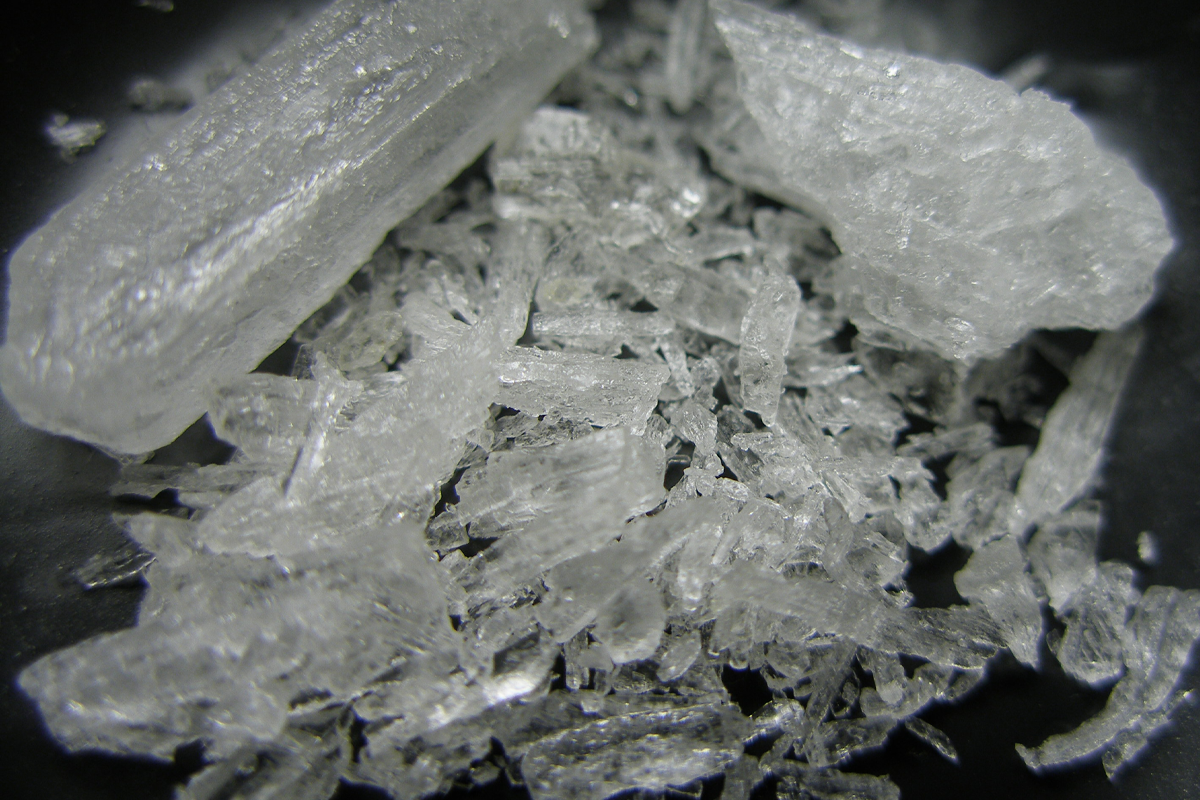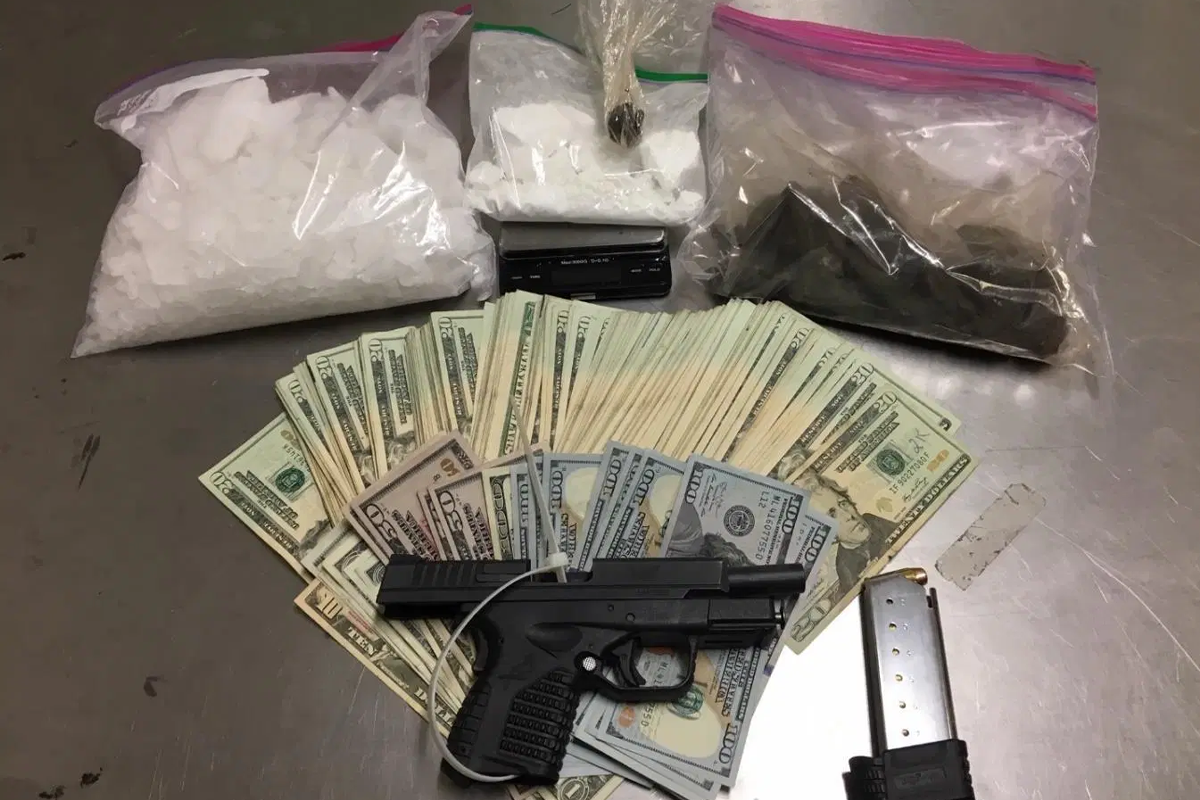The Facts
Colorado criminal justice truths and statistics
Get the facts
What is the role of a district attorney? Is violent crime increasing in Colorado? What are people in Colorado prisons serving time for? We answer these questions and more with legitimate, independent and verifiable sources to provide a clearer picture of criminal justice in Colorado.
DA Facts
Like everyone in our state, district attorneys in Colorado are different than others across the country.
Crime Facts
Colorado is facing historic rates of violent crime, sexual assault and deadly substance abuse.
Prison Facts
While Colorado’s population and violent crime rates have increased, its incarceration rate has fallen.
DA Facts
The state wins its case when justice is done.
The role of the DA is not to pursue convictions but to seek the truth, protect rights and ensure justice in every case. That can mean pursuing a conviction, refusing to prosecute a case for lack of evidence or not filing charges that don’t meet the public’s interest.
Prosecutors are just one of many criminal justice decision-makers.
In the criminal justice system, prosecutors play a limited and clearly-defined role of deciding if and when to file charges based on the laws created by the legislature and evidence collected by law enforcement. It is a judge or jury that decides whether or not convict a defendant and a judge that determines the sentence for those found guilty.
Everyone's rights in a criminal case are protected by the prosecutor.
No person other than a judge is responsible for protecting the constitutional privileges of everyone involved in a criminal case from start to finish. District attorneys are responsible for ensuring the rights of victims, witnesses, the community, media and accused.
Colorado district attorneys are leaders in criminal justice reform.
For over 44 years, district attorneys in Colorado have been at the forefront of improving the criminal justice system and pursuing alternative, non-traditional approaches to diverting people out of the prison system and providing them with mental health, behavioral and substance abuse treatment.
Prosecutors have strict ethical standards in Colorado.
Guided by a strong ethical code created by the Colorado Supreme Court and enforced by the Office of Attorney Regulation, district attorneys in Colorado pursue equal justice in every decision they make with local judges, the Colorado Court of Appeals, and the Colorado and United States Supreme Courts monitoring their actions.
District attorneys represent the people who elected them.
Locally elected, DAs in Colorado pursue the interests of the communities they represent. One DA’s decision can be different from a DA in another jurisdiction because of the different values, opinions and philosophies between the people that reside in each of those districts.
In Colorado, district attorneys are committed to transparency.
Although there are times when they can’t speak publicly about a case or share evidence to protect the rights of the accused to a fair trial, prosecutors in Colorado try their cases in public with court hearings and trials open to anyone. District attorneys also value community engagement and make themselves available to hear from their constituents.
Colorado Crime Facts
Since 2013, the violent crime rate in Colorado has increased 30.4%.
The average number of violent crimes reported per 100,000 residents in Colorado was 397.3 in 2018 – the highest rate recorded since 1996. The violent crime rate in the state has gone up every year since 2012 and has seen a 30.4 percent jump since 2013.
The number of rapes reported per capita in Colorado have increased 78% since 2012.
In 2018, Colorado had the second-highest rate of reported rapes since recording began in 1995 with 71.5 reports per 100,000 residents – just shy of the record 71.6 in 2017. Although much can be credited to increased resources and #MeToo, Colorado’s rate is over 67.8% higher than the national average.
Meth and heroin account for nearly half of drug arrests in Colorado.
According to the Colorado Bureau of Investigation, 34 percent of drug violation arrests in 2018 involved amphetamine/methamphetamine and 12 percent involved heroin. Marijuana offenses – such as illegal cultivation and distribution – accounted for 26 percent, while eight percent were attributed to cocaine.
Hate crimes reported in Colorado jumped 44.8% between 2017-2018.
A total of 139 hate crimes were reported to Colorado law enforcement in 2018, up from 96 reported the year prior. Of the 127 categorized victims, 73 were targeted for their race/ethnicity/ancestry, 24 for their sexual orientation, 24 for their religion, four for their disability and three for their gender identity.
More than 1 in 5 people in Colorado prisons have been convicted of a sex offense.
A 2019 point-in-time study found that an estimated daily average of 23.3 percent of the prison population in Colorado was serving time for or had previously been convicted of a sex crime.
Colorado District Attorneys’ Council. Colorado Indeterminate Sentencing Review. (2019).
Colorado Prison Facts
Fewer than 2 in 500 people in Colorado are in prison.
In 2018, an estimated daily average of 19,958 people were incarcerated by the Colorado Department of Corrections. Nationally, Colorado has the 26th highest incarceration rate with 0.346 percent of the population serving a prison sentence.
More than 1/5th of Colorado's prison population has been cut since 2010.
From 2010 to 2018, the state incarceration rate in Colorado decreased 20.7 percent from 449 to 356 people per 100,000 residents.
Over half of Colorado's prison population was convicted of a violent crime.
In 2018, 58.7% of people in Colorado prisons were serving time for a violent crime conviction. This percentage doesn’t account for burglary and theft which are considered to be “non-violent” crimes by the Department of Corrections.
More than 2 in 3 people in Colorado prisons are serving time for killing, assaulting, kidnapping or stealing from someone.
Of the state’s estimated average daily prison population in 2018, 69.2 percent were serving sentences with a highest charge of murder, manslaughter, homicide, assault, sexual assault, kidnapping, burglary, robbery, theft and/or fraud.
Drug-related crimes account for less than 1 in 11 people serving sentences in Colorado prisons.
Of the estimated daily average 19,958 people in Colorado prisons in 2018, just 1,746 – or 8.75 percent – were sent to prison for their highest convicted charge being a controlled substance, marijuana or other drug offense.

















